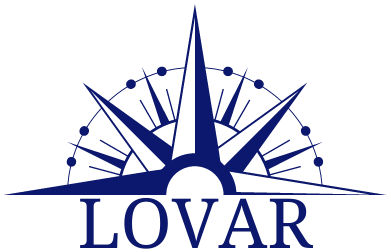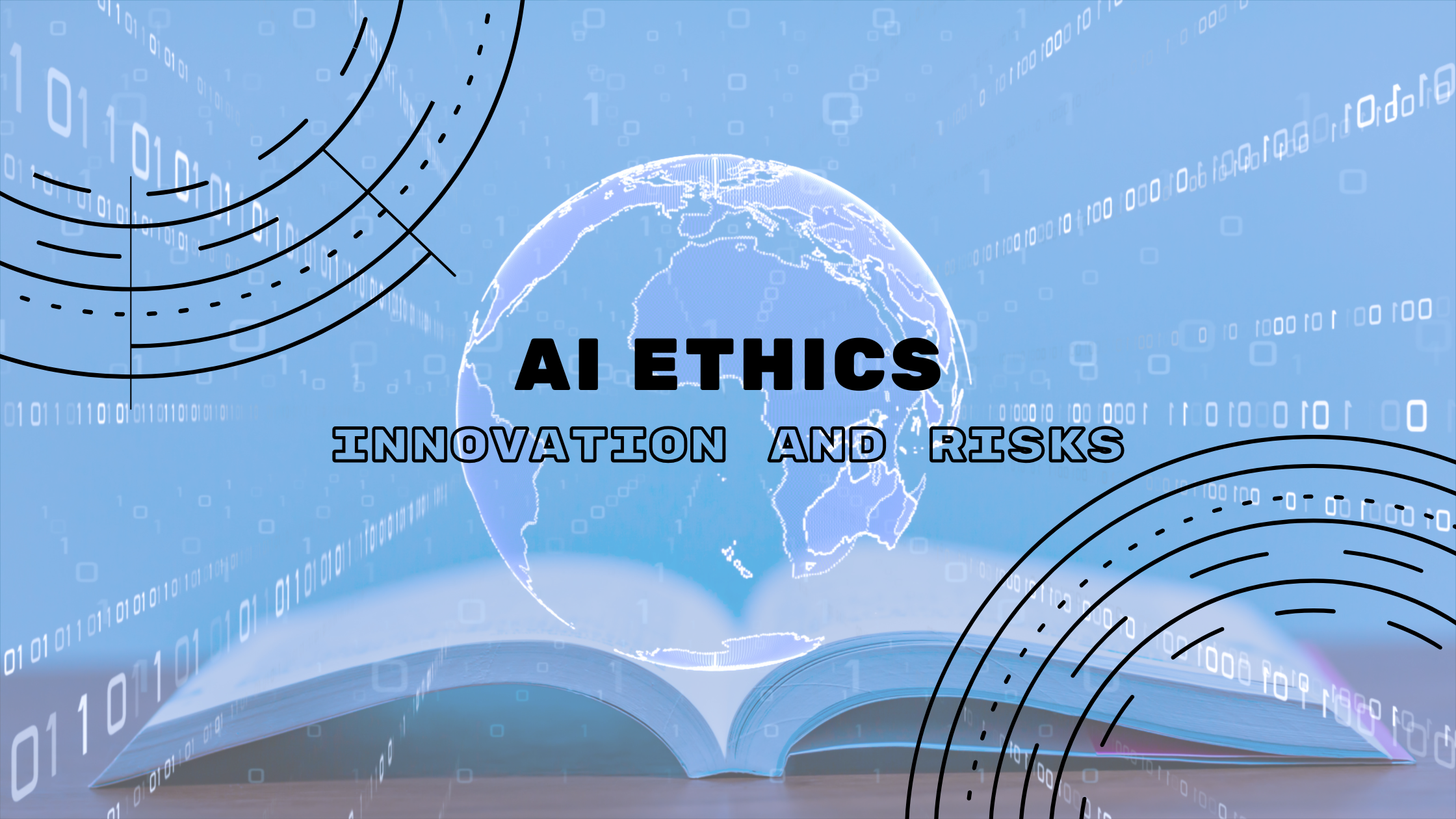Artificial Intelligence (AI) is revolutionizing industries worldwide, including aerospace, by enhancing efficiency, safety, and innovation. However, the integration of AI raises significant ethical considerations that must be addressed to ensure responsible development and deployment. This article examines the ethical challenges associated with AI in aerospace and other sectors, emphasizing the need for a balanced approach that fosters innovation while upholding ethical standards.
Ethical challenges in AI integration
AI is transforming several aspects of the aerospace industry. AI-driven predictive maintenance monitors aircraft health in real-time, identifying issues before they become critical, thus reducing downtime and extending component lifespan. In design, AI enables the creation of more efficient and aerodynamic structures by simulating various scenarios to optimize configurations for improved fuel efficiency. In space exploration, AI assists in navigating spacecraft and analyzing mission data, supporting human endeavors on the Moon and Mars. However, these advancements introduce ethical challenges that require careful consideration:
- Safety and reliability: AI systems, especially those in safety-critical applications like autonomous flight, must operate with high reliability. Failures or malfunctions can have catastrophic consequences. The complexity of AI algorithms increases the risk of errors, necessitating rigorous testing and validation.
- Transparency and accountability: AI decision-making processes can be opaque, making it challenging to understand how outcomes are reached. In sectors like aerospace, where decisions can impact human lives, ensuring transparency and accountability is crucial.
- Data Privacy and Security: AI systems require vast amounts of data, raising concerns about the privacy and security of sensitive information. In aerospace, this includes proprietary designs and personal data of passengers.
Regulatory and industry initiatives
To address these ethical challenges, various regulatory bodies and industry groups are developing frameworks and guidelines:
- European Union’s EASA AI Roadmap 2.0: the European Union Aviation Safety Agency (EASA) has released the AI Roadmap 2.0, outlining a human-centric approach to AI in aviation. This roadmap emphasizes safety, ethics, and sustainability in AI applications.
- AIAA AI Advisory Group: The American Institute of Aeronautics and Astronautics (AIAA) has established an AI Advisory Group to provide guidance on the responsible integration of AI in aerospace. This group focuses on ethical considerations, transparency, and accountability.
Moving Forward: Ethical AI Development
Artificial Intelligence (AI) holds immense potential to transform industries, including aerospace, by driving innovation and efficiency. However, realizing this potential responsibly requires a concerted effort to address ethical challenges. Moving forward, it is imperative to develop and adhere to clear ethical guidelines that govern AI development and deployment. This includes ensuring transparency, accountability, and fairness in AI systems. Engaging a diverse range of stakeholders—such as ethicists, engineers, policymakers, and the public—can help identify and address ethical concerns early in the development process. Implementing mechanisms for ongoing assessment of AI systems can help detect and mitigate ethical issues as they arise, ensuring that AI technologies continue to serve the public good. By prioritizing ethics, transparency, and accountability, the aerospace industry can harness the benefits of AI while mitigating potential risks.

